News - Global

Seven of Top 10 in Leiden Ranking Are Chinese Universities, Zhejiang Tops the List China Ranks First in Nature Index for Second Consecutive Year U.S.
Read More
Long-Term Entrenchment of Academic Downgrading Parallel Weakening of Mathematics and Literacy Chain Erosion of the Talent Development System China’s Service Center for Scholarly Exchange (CSCSE), an affiliate of the Ministry of E
Read More
Reddit petitions the High Court, framing the ban as a constraint on political communication Evidence debates sharpen, with studies examining links between heavy use and cognitive outcomes Policy replication accelerates: Malaysia signals a 2026 move; the UK reviews the model
Read More
Employment rate of married women aged 15–54 reaches an all-time high of 64.3% Number of career-interrupted women falls to 1.1 million, down 110,000 from a year earlier Public childcare policies and shifting social norms prove decisive The
Read More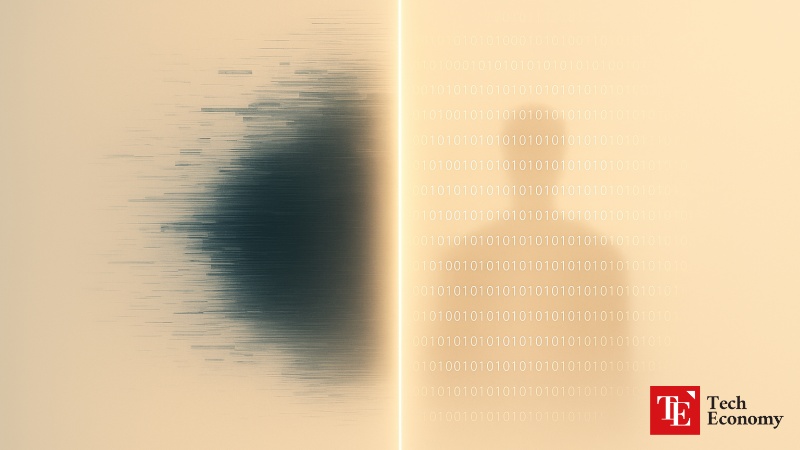
Performance Degradation Driven by Low-Quality Data A Vicious Cycle of Trust Erosion as “AI Slop” Spreads Human-in-the-Loop Quality Control Emerges as a Practical Alternative As generative artificial intelligence (AI) spreads at breakneck spee
Read More
DNA search engine “MetaGraph,” shifting from list-based retrieval to graph-based matching A structural breakthrough improving speed, accuracy, and cost simultaneously, expanding from life sciences into educational search Learning data likewise requires path-based exploration and systematic data governance This article is a reconstruction tailored to the Korean market based on a contribution to the SIAI Business Review series published by the Swiss Artificial Intelligence Institute (SIAI).
Read More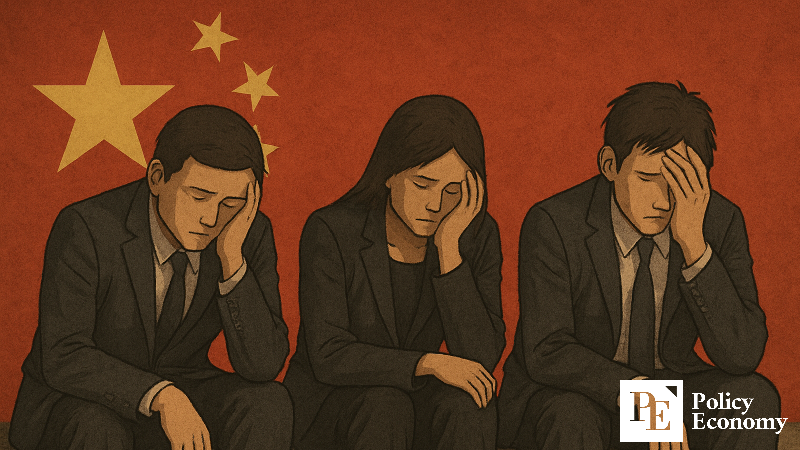
China’s youth unemployment rate jumped to 18.9% in August Seasonal factors compounded by an economic slowdown and flawed policy design have converged to intensify labor market stress “With prospects like this, maybe the military is an option,” young Chinese increasingly scour the job market in search of stable employment
Read More
Talent outflow amid ‘medical school craze,’ even math prodigies diverted to medicine Student exodus from majors with ‘conglomerate job guarantee’ under medical school tilt Hollowing-out of science and engineering talent, mounting concern over weakened national competitiveness
Read More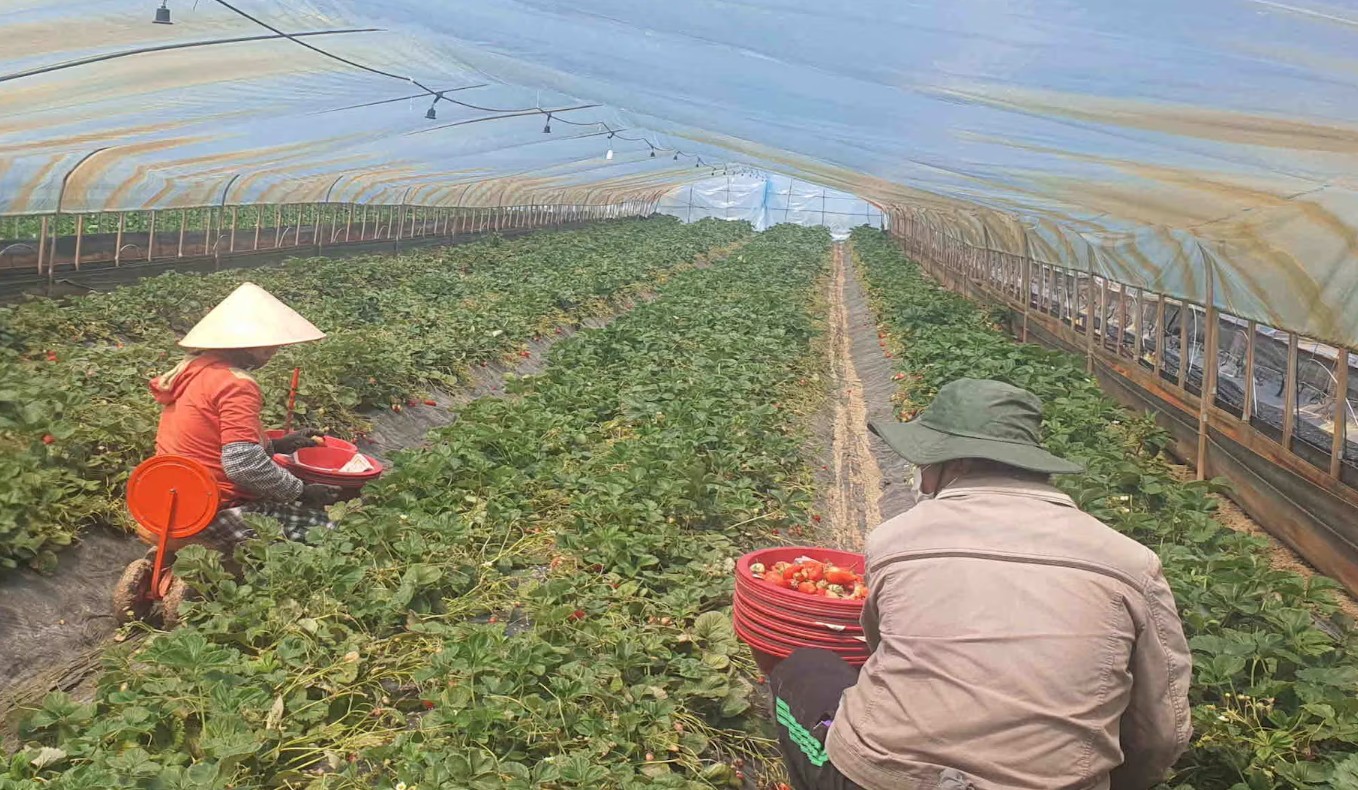
Lax oversight of seasonal worker and family-invitation schemes Illegal stay on the rise, broker involvement expanding Universities scrambling to recruit foreign students also exploited as illegal stay channels F
Read More
STEM major choices driven by wage levels and employment risk rather than gender Finland favors interest-based choices, while Spain gravitates toward high-return majors Subsidies, income-linked repayment schemes, and disclosure of major-specific data proposed as solutions This article is a reconstruction tailored to the Korean market based on a contribution to the SIAI Business Review series published by the Swiss Artificial Intelligence Institute (SIAI).
Read More
Risks of mass online mobilization and harassment Gendered imbalance of accountability, with a dual structure of blame and censorship concentrated on women Educational settings require fandom literacy, rapid-response mechanisms, and safety management informed by international precedents This article is a reconstruction tailored to the Korean market based on a contribution to the SIAI Business Review series published by the Swiss Artificial Intelligence Institute (SIAI).
Read More
"New Military Academies in China Draw Intense Interest from Youth" Once Dismissive Due to 'Poor Conditions,' Young Chinese Now Reconsider Enlistment Soaring Unemployment Triggers Shift in Perception of Military Careers Perce
Read More
U.S. and China Reach Agreement on Key Issues Did Rare Earth Export Disruptions Drive the Deal? Attracting Chinese Students: Balancing Risk and Reward U.S.
Read More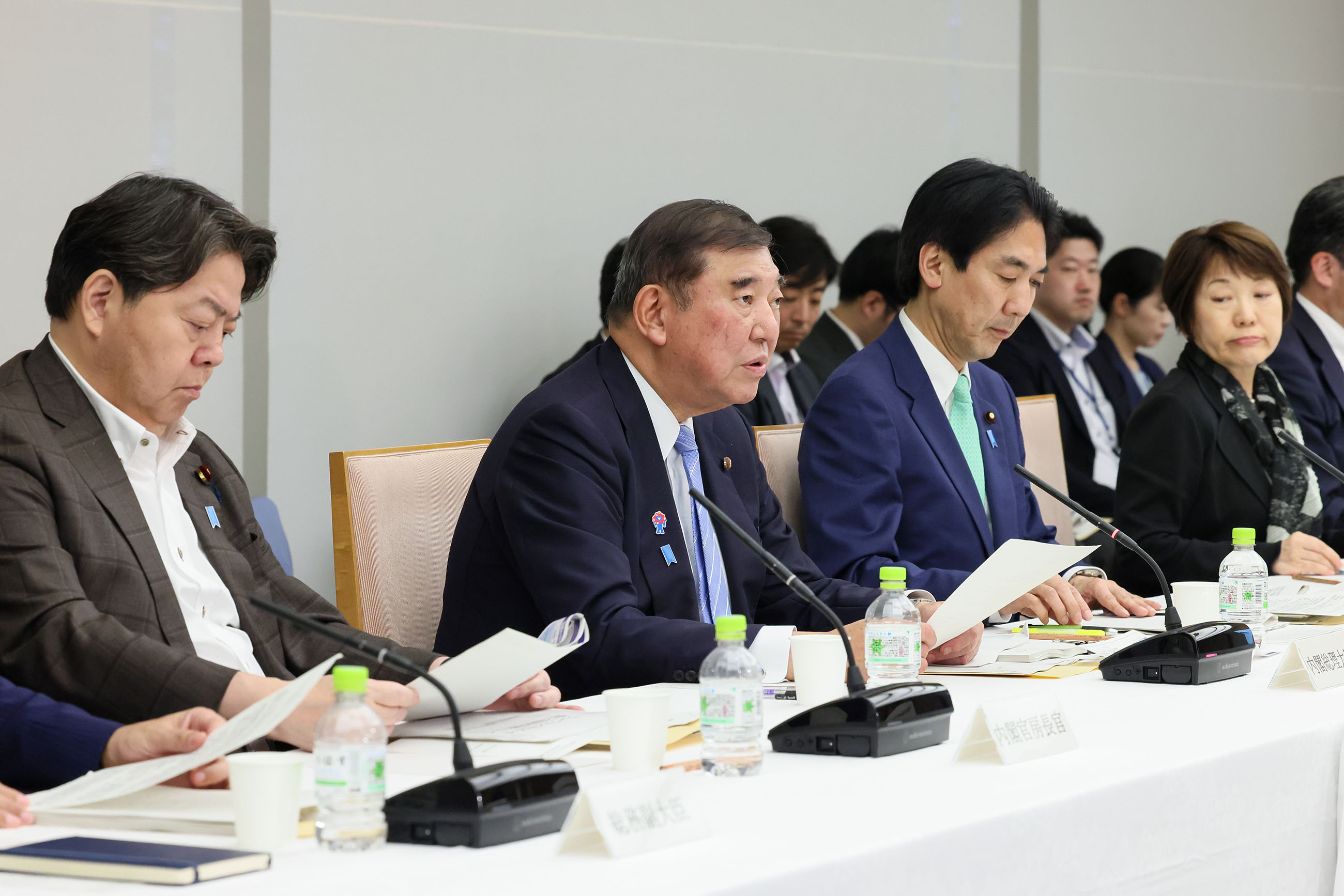
Japan Expands Financial Support for Foreign Talent Recruitment Using ¥10 Trillion University Fund Tohoku University and Other International Excellent Research Universities to Receive Increased Support France, UK, and Spain Launch Independent Talent Recruitment Strategies Across Europe
Read More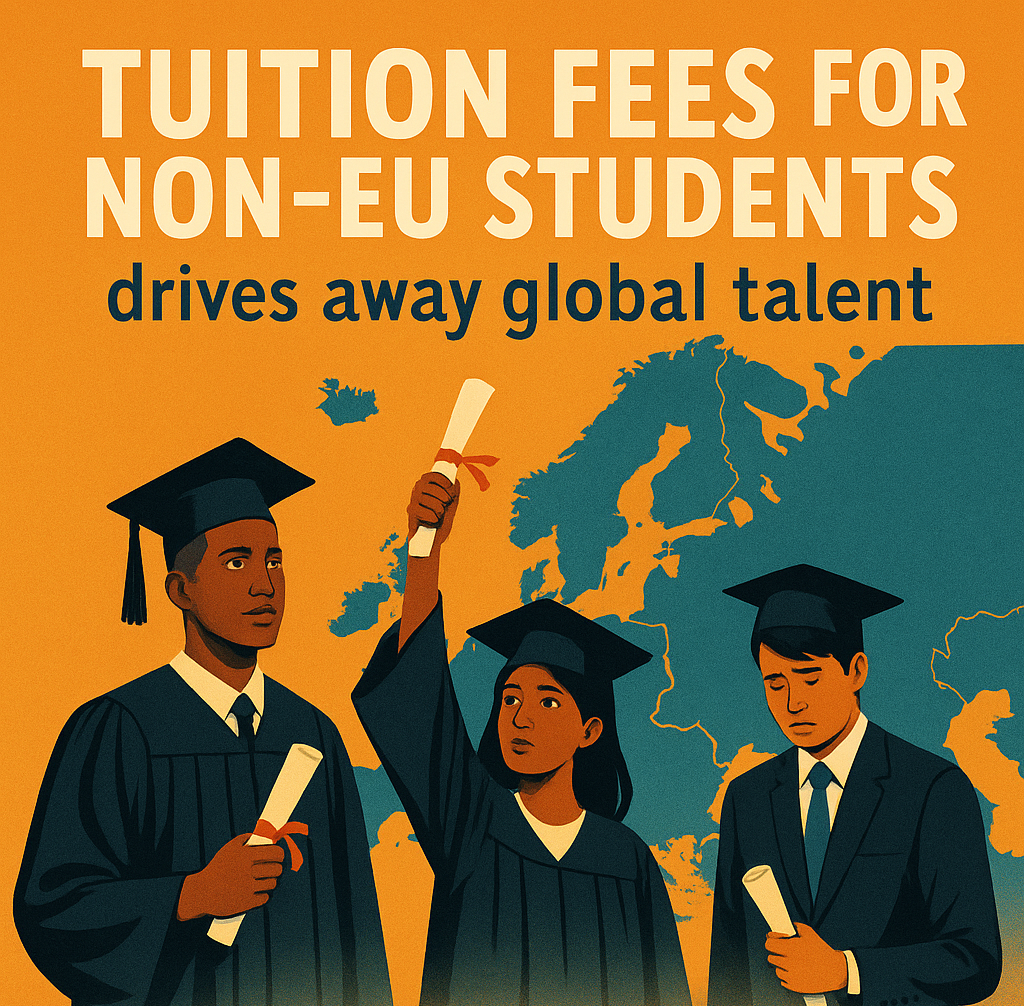
Europe’s long-standing values of education as a public good undermined New tuition-fee policies threatens Europe’s ability to retain global talent and fill workforce gaps Reinstating free or subsidized tuition for non-EU students as a moral imperative and a strategic investment
Read More
China’s Study Tour Revival Sparks Shift in Global Education Power Dynamics From Ivy League to Intra-Asia: Chinese Students Redefine Study Abroad Destinations Parents, Policy, and Pragmatism: What’s Fueling China’s Post-Pandemic Education Boom?
Read More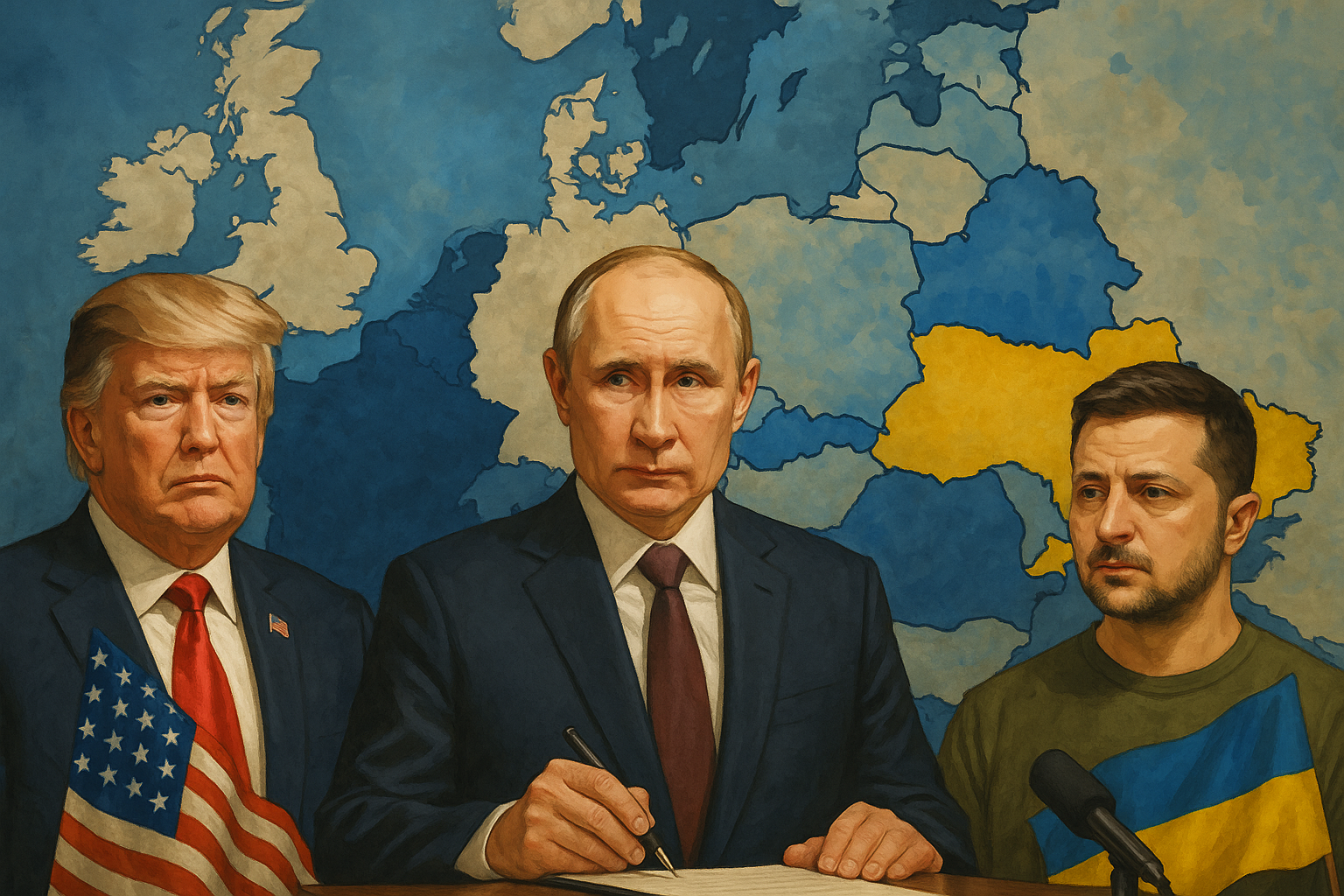
Europe Faces Defense Reckoning Debate Over Horizon Europe’s Role Toward European Defense Autonomy For decades, Europe has relied heavily on the transatlantic alliance with t
Read More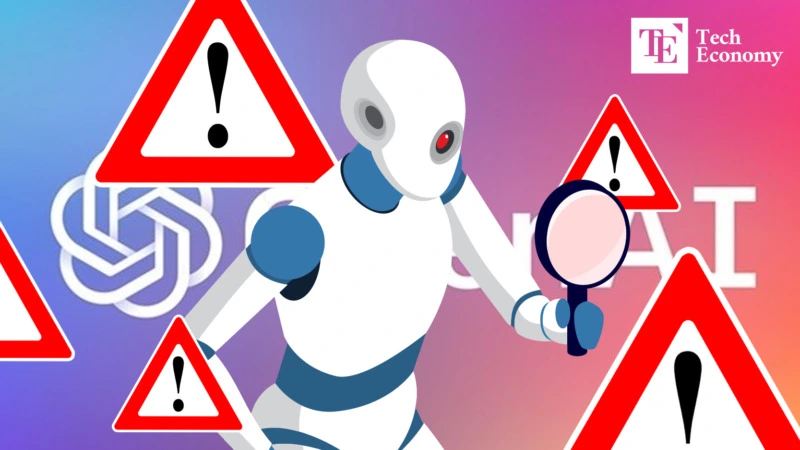
OpenAI’s New Model 'o3' Shows Double the Hallucination Rate Shortage of High-Quality Data for Training Highlighted Despite Efforts, Hallucination Improvement Remains Difficult for the AI Industry
Read More
Smartphones: The New Forbidden Fruit in School Culture A Global Response: England’s Quiet Ban and Korea’s Legislative Push Do Phone Bans Actually Work? Smartphone / is
Read More
A Label with Ambition: Opening the Door to a European Degree Legal Labyrinth: Unearthing the Real Barriers to Integration Towards a Coherent European Higher Education Area
Read More










